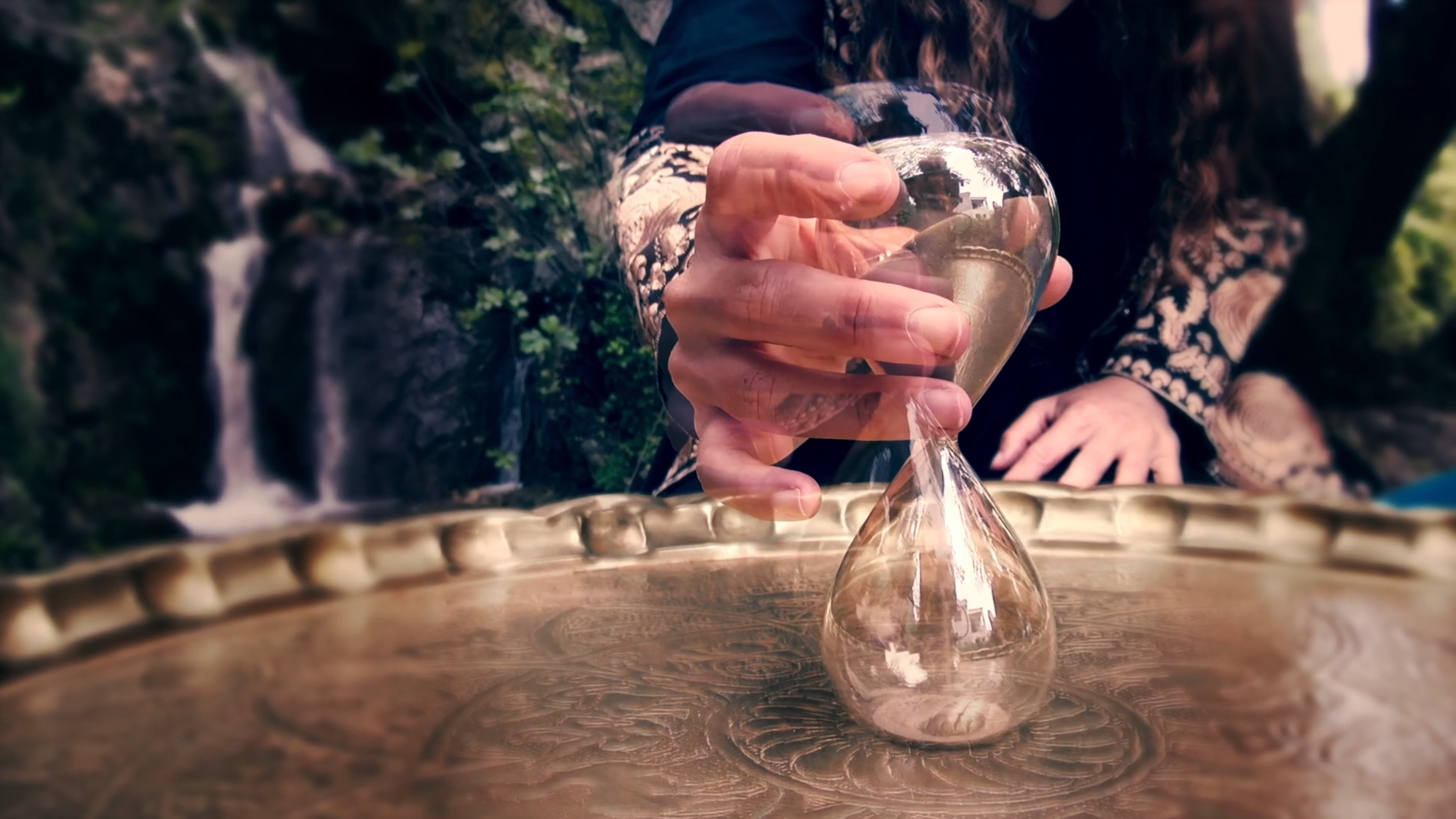
Eyes on Music: Workshop and Ethnographic Documentaries

2 December 2021 | Ca’ Foscari University of Venice
Coordinated by Giovanni Giuriati, Marco Lutzu and Simone Tarsitani
in collaboration with the Department of Philosophy and Cultural Heritage and the Department of Humanities, Ca’ Foscari University of Venice
The workshop and series of documentaries are part of a multiyear programme called “Eyes on Music: Visual Ethnomusicology Projects”, launched in 2018 by the Intercultural Institute of Comparative Music Studies (IISMC). The projects are focused on training, promotion and production support activities in the field of audiovisual and multimedia ethnomusicology.
The theme of this year’s edition is the use of the camera as a tool aiding the pursuit of participatory research in ethnomusicology.
The morning workshop for Ca’ Foscari University students will involve anthropologists, ethnomusicologists and filmmakers, who will discuss how the use of the video camera has influenced their way of conducting ethnography.
In the afternoon, there will be a public screening of some documentaries of ethnomusicological interest and the première of the film Videomaking Al Andalus made by Dario Ranocchiari, winner of the Carpitella Scholarship, awarded by the IISMC in 2019.
Members of the public can attend the afternoon screenings at the CFZ-Cultural Flow Zone by filling in the form at the bottom of this page.
Workshop Programme (for students only)
8.45–11.15 am
Ca’ Foscari University (Campo San Sebastiano, 30123 Venice), Aula Padoan
Participatory Research in Ethnomusicology
Speakers: Giovanni Giuriati, IISMC Fondazione Giorgio Cini, Università La Sapienza di Roma; Valentina Bonifacio, Università Ca’ Foscari Venezia; Giovanni De Zorzi, Università Ca’ Foscari Venezia; Marco Lutzu, Università degli Studi di Cagliari; Simone Tarsitani, Durham University; Dario Ranocchiari, Universidad de Granada.
Filming with…
Participatory Audiovisual Research in Ethnomusicology
Films to be shown from 3 pm
CFZ – Cultural Flow Zone (Zattere al Pontelungo, Dorsoduro 1392)
Free admission | Registration required
Shooting Freetown by Kieran Hanson (2011), 29 min.
A decade after the devastating civil war in Sierra Leone, a new dawn of creativity in audiovisual media has risen from the ashes. Inspired by Jean Rouch’s “shared anthropology” and “ethno-fiction”, Shooting Freetown follows three people as they make their way in film and music in the nation’s capital, tackling the constant struggles with vision and resourcefulness. Incorporating collaborative video projects, their stories provide a fresh image of post-war Freetown, presented to the world through their own lenses.
Fabrik Funk by Alexandrine Boudreault-Fournier, Rose Satiko Gitirana Hikiji and Sylvia Caiuby Novaes (2015), 25 min.
Karoline is a young woman who aspires to a more exciting life than her routine days in a call centre. In the streets of the Cidade Tiradentes district of São Paulo, the largest low-income housing estate in Latin America, Karoline pursues her dream of becoming an MC in a place known as the “Funk Factory”. The film is an ethnofiction that explores Funk, a world of music, dance, technology, fashion and consumption that has emerged in recent decades as one of the most important cultural movements among young Brazilians.
Videomaking Al Andalus by Dario Ranocchiari (2021), 60 min. [world première]
The film recounts the creative process of three very different musical groups from Granada, who all accepted the challenge of making a self-reflective music video. The video explores their relationship with the area in which they live, the last Nasrid sultanate on the Iberian Peninsula, whose lingering echoes still resonate in the alleys of the Albayzín or in the songs of the acequias of the Alpujarras. In visually translating their sound worlds in the workshops coordinated by the director-ethnographer Dario Ranocchiari, the musicians of Al Firdaus, Darash and Pablo López address the suggestions of al-Andalus through their music with its links to Sufism, Mediterranean fusion and social-activist rap.
